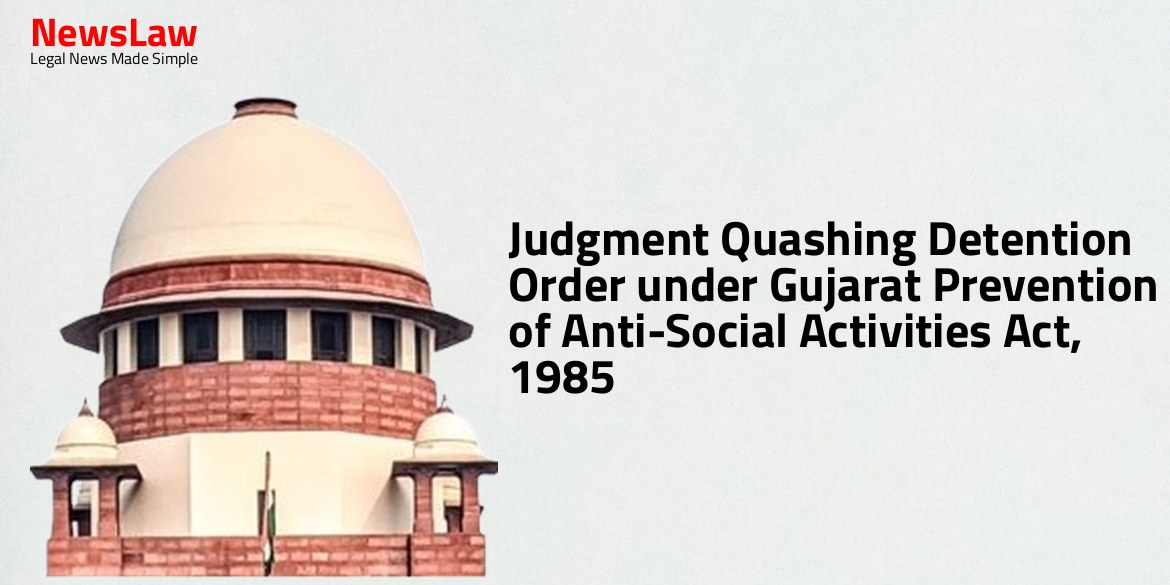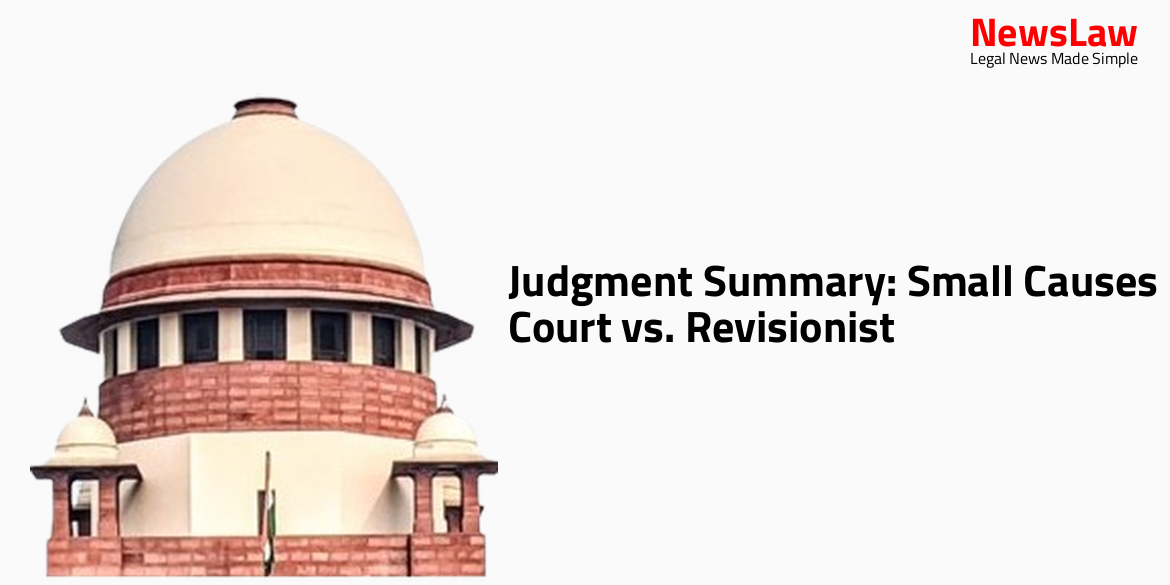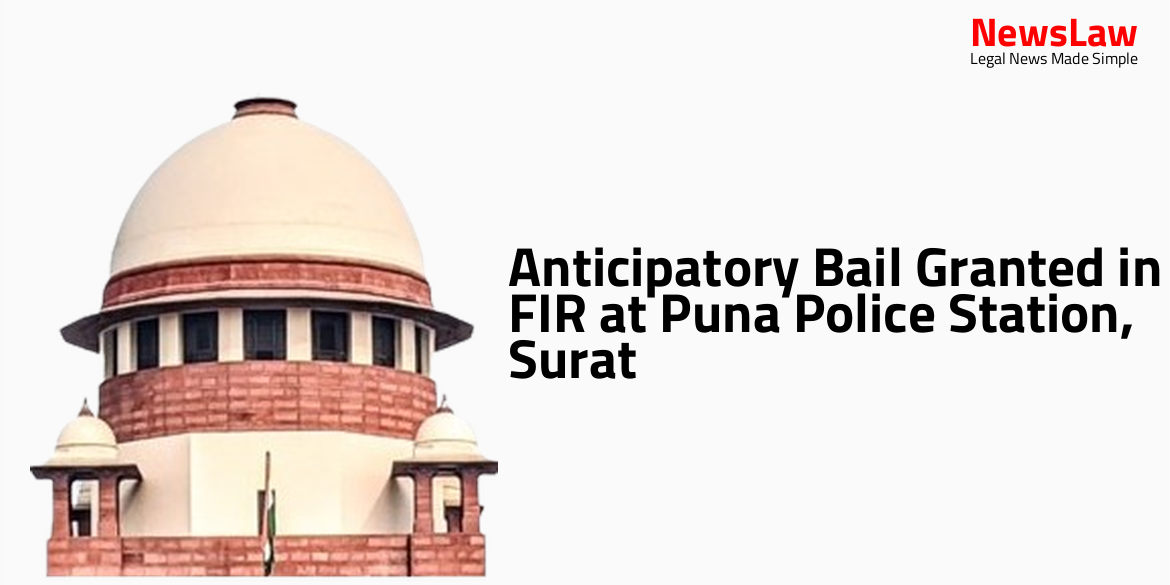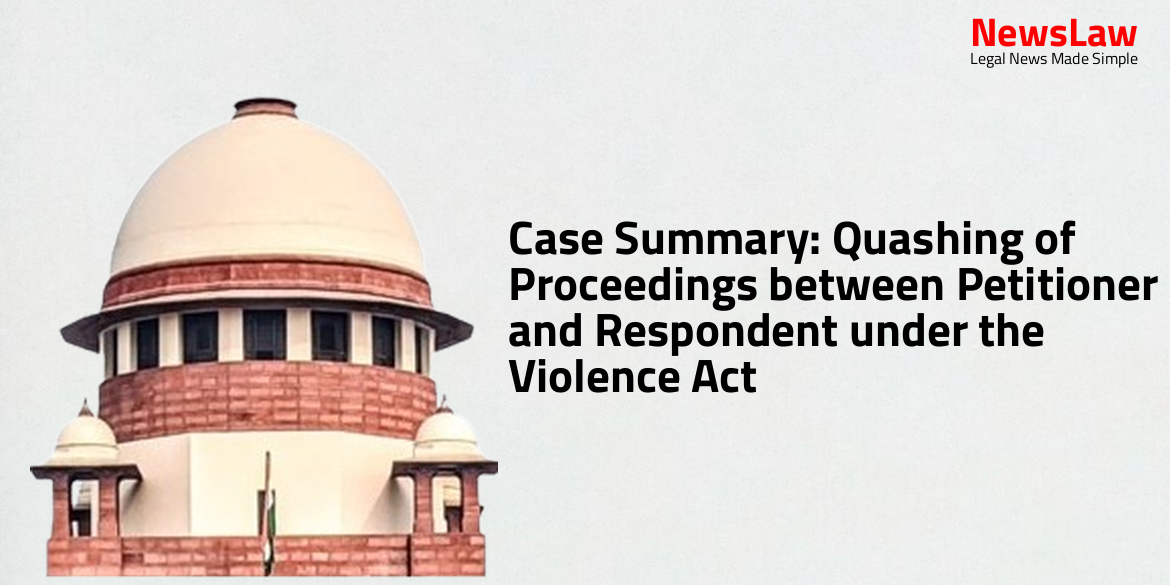In a significant ruling by the Gujarat High Court, a judgment was passed quashing the detention order under the Gujarat Prevention of Anti-Social Activities Act, 1985. The case, involving the State authorities and the detainee, marks a crucial step towards upholding civil liberties and ensuring justice is served. The decision provides a clear stance on the misuse of preventive detention powers, setting a precedent for safeguarding individual rights within the legal framework.
Facts
- The present petition is against the order of detention dated 22.01.2024 under the Gujarat Prevention of Anti-Social Activities Act, 1985.
- The detaining authority passed the order under Section 3(1) of the Act, detaining the petitioner as defined under Section 2(c) of the Act.
Arguments
- The petitioner’s advocate argues that the detention order should be quashed as it was based solely on the registration of three FIRs, which do not fall under the definition of the Act.
- It is contended that the alleged illegal activities have no nexus with public order but may constitute a breach of law and order.
- There is a lack of substantial evidence apart from witness statements and FIR registration to prove that the petitioner’s activities disturb public order.
- The advocate highlights that the petitioner is out on bail for all offenses, indicating a lack of urgency or necessity for detention.
- The advocate argues that the petitioner’s actions have not caused a disruption to the societal fabric or posed a threat to the existence of normal life.
- The detaining authority is accused of not considering the bail status of the petitioner when passing the detention order.
- The State’s APP supports the detention order, claiming sufficient evidence of the petitioner’s habitual anti-social activities.
- The subjective satisfaction of the detaining authority is found to be illegal and invalid as per the learned advocates and available records.
- The alleged offences in the FIRs do not relate to public order as required under the Act.
- Other relevant penal laws are sufficient to address the situation.
- The allegations against the petitioner do not fall within the scope of Section 2(c) of the Act.
Analysis
- Preventive detention should be reserved for cases where an individual poses a threat to society and public order is at risk.
- Preventive detention should not be used as a substitute for the regular legal process or to keep a person in perpetual custody without trial.
- The State has remedies available, such as seeking cancellation of bail or appealing to a Higher Court, if a detenue is deemed a menace to society.
- The order did not mention any application for cancellation of bail filed by the State authorities against the detenue.
- There is a lack of specific evidence on record showing the detenue has acted in a manner dangerous to public order.
- Preventive detention is an exceptional power that should only be used when extremely necessary and when the activities of the individual impact ‘public order’.
- Detention under preventive laws should not be a substitute for ordinary criminal law procedures.
- The distinction between ‘law and order’ and ‘public order’ must be clearly understood.
- Not every act that disturbs peace constitutes a disturbance to public order.
- The personal liberty of an individual should not be compromised solely based on being implicated in a criminal proceeding.
- Preventive detention powers are exceptional and must be used cautiously to prevent abuse.
- Public disorder must directly impact the community or public interest to warrant preventive detention.
- Every disorder does not amount to a disturbance to public order; it must affect the larger public or community.
- Maintaining ‘public order’ distinguishes itself from maintaining ‘law and order’.
- Preventive detention must be backed by a strong rationale and not be a routine or unjustified measure.
- Registration of FIR alone does not indicate breach of public order.
- No relevant material exists for invoking power under Section 3(1) of the Act.
- Personal liberty under Article 21 is highly valued and must be protected.
- Detaining authority must show detention complies with established law.
- Article 22 is an exception to Article 21 and applies in rare cases.
Decision
- The petitioner-detainee is ordered to be set at liberty forthwith, if not required in any other case.
- Rule made absolute to the aforementioned extent.
- The present petition is allowed, and the impugned order of detention dated 22.01.2024 is quashed and set aside.
- Direct service is permitted.
Case Title: PRADIP @ PADYO S/O SURESHBHAI VANKHEDE THRO ASHABEN SURESHBHAI VANKHEDE Vs. STATE OF GUJARAT
Case Number: R/SCA/2208/2024



